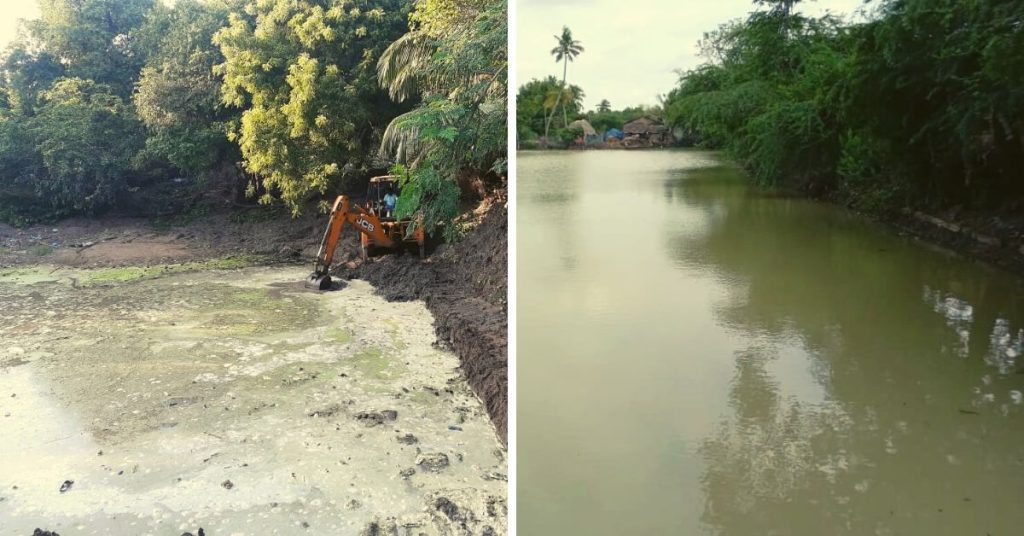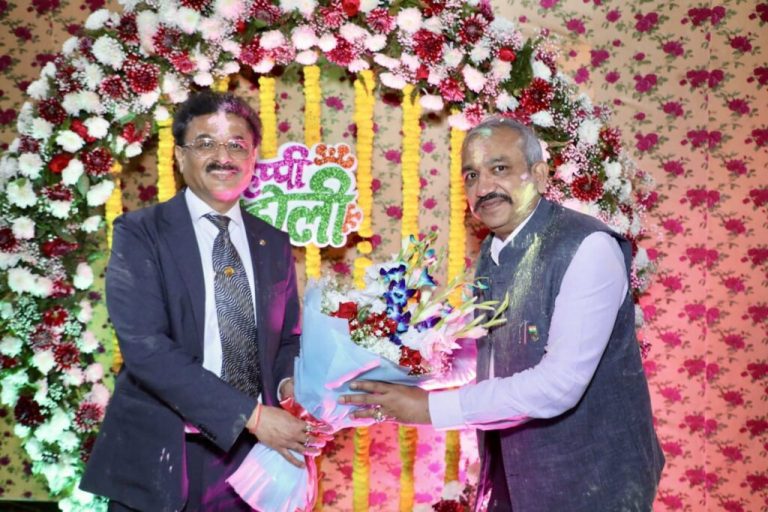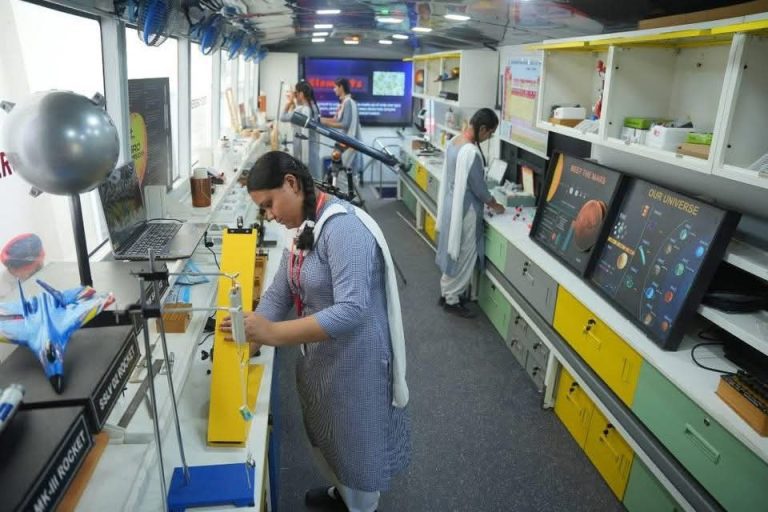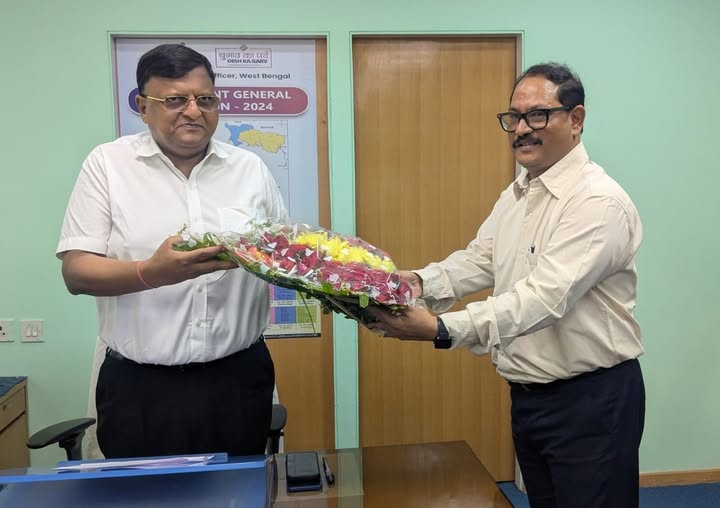Revamping 178 water bodies in three months may sound incredible. But, Mr. Vikranth Raja, IAS, has made it possible. And he didn’t just stop there. He also revived 80 km of major channels and 720 km of minor channels, all in a single office term as District Collector of Karaikal in Pondicherry. Mr. Raja hails from a small district in Tamil Nadu and is a 2015 batch IAS officer. He was posted in Karaikal from January 2019 to February 2020. He was then transferred to Pondicherry, where he is currently serving as Secretary to the Chief Minister.
Water Body restoring initiative:
Karaikal is a small district lying on the banks of River Kaveri. November is considered to be the month when Karaikal gains maximum rainfall. Because of the south-west monsoons, it does not receive rainfall, all year long. “We receive around 136 cm average rainfall in a year. The problem is, if we don’t collect and save this water, we won’t get any other source of water for the rest of the year. Karaikal is an agriculture-dominated region, where people depend on surface water. In other regions, people can rely upon deep wells but in Karaikal, they are completely dependent upon Kaveri River’s water for irrigation purposes,” Mr. Vikranth Raja told Indian Masterminds.
During his tenure as the sub-collector of the place, Mr. Raja realized that Karaikal is prone to droughts whenever they don’t get a good monsoon.“We decided to do a survey on the topic and luckily previous collectors had done extensive surveys on all the water bodies and had documented them. But when we visited these water bodies, we found that most had disappeared!” he says.
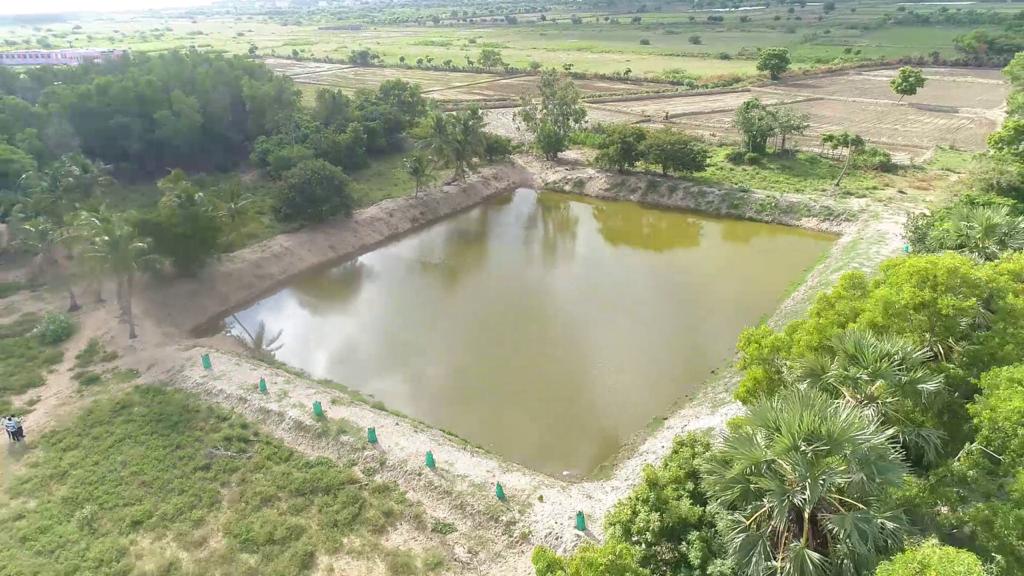
The project begins:
He, along with his team, came up with ideas on how to bring the dead and non-existent water bodies, back to life. The meteorological office forecast great southwest monsoons last year, which meant that the river will get a good amount of water. They began tapping the Corporate Social Responsibility (CSR) Fund of major industries in Karaikal and organized a meeting with industry leaders. “A major cyclone uprooted all the greenery. So we asked them to adopt a channel or a pond instead of giving money to the district authority. We assured them that our community will guide them so there will be full transparency, which instilled confidence in them, and they agreed to it,” he stated.
As per local traditions, every temple in the city is linked to a particular water body and therefore they requested the temples to take care and revive the water body belonging to them. This came under the project ‘Temple Social Responsibility.’ Further on, he also involved MGNREGA in the project.
Emotional Appeal:
While Mr. Raja organized meetings with Gram Rozgaar Sevak (GRS), he started appealing to them emotionally. “I asked them how many of them knew swimming? Everybody in the meeting was over 40 years of age and all of them raised their hands. Next, I asked where you learned swimming. Everybody recited their village pond’s name. The next question was how many of your children knew swimming? Very few people were able to raise their hand and the reason was that the pond did not exist anymore. Where else would they go and learn swimming?” Mr. Raja told Indian Masterminds.
This way, he appealed to them emotionally, to at least help in reviving their village pond where they have had so many childhood memories! Every person individually started concentrating on their own village pond and we ensured to visit all the worksites and motivate them further.
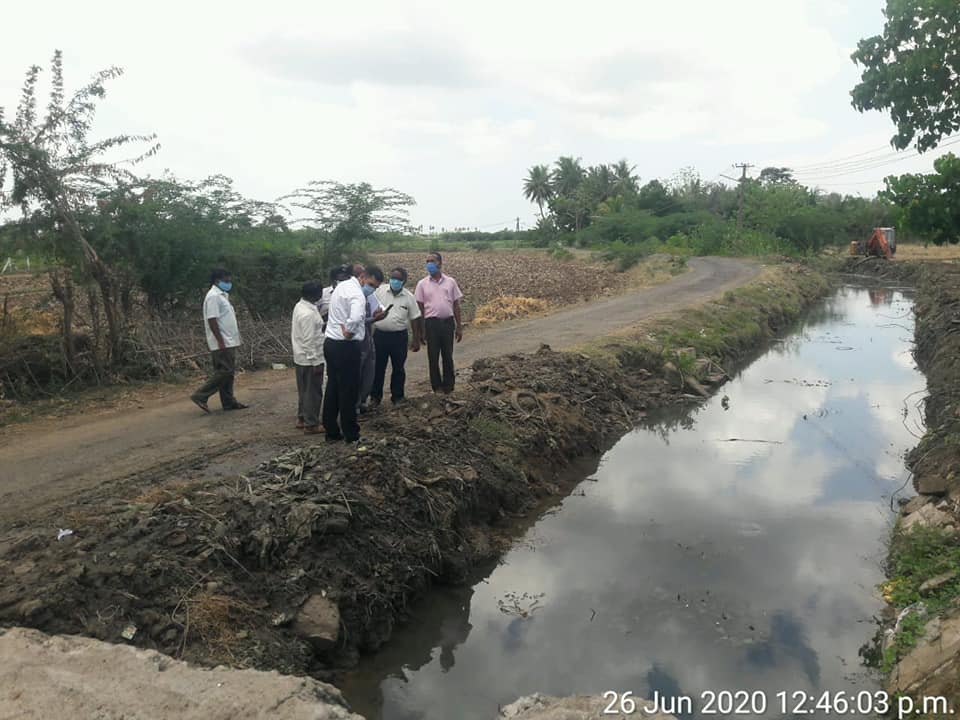
Employee Social Responsibility (ESR):
The corporates were looking after channels, temples were looking after ponds and villagers were also reviving their own ponds, but somehow they were still not able to meet their target. They had to buckle up and therefore they came up with an idea called ESR. Whenever there was an official’s birthday, the administration collected money and gifted them something big or threw a party for them. Mr. Raja came up with a plan that instead of giving them a party or an unnecessarily expensive gift, why not gift them a water body?
“We appealed to all the government administrations to put money into revamping a water body and gift a clean pond to someone. The initiative went down really well. Today there are various water bodies with names of collectors and sub-collectors and it is a matter of pride for them!” he explained.
Motivating students:
Students are the future of the country and it was extremely important to make them feel a part of the responsibility too. “Whenever I was invited as a chief guest in any school or college, I appealed to the students that we wanted to term our project in a way that people could relate to it. We named the project as ‘Nam Neer’ (our water). We requested the students to keep an eye on the water bodies because people tend to consider water bodies like a garbage dumpster. So, we made a big movement where we asked the students to ensure that their parents did not litter the ponds. They took a pledge and started monitoring it and once we cleared the garbage and cleaned the water bodies, people stopped dumping in the garbage too” Mr. Vikranth told Indian Masterminds.
The movement was quite big and the students took out rallies appealing the residents to avoid dumping domestic waste into the ponds. Private and government education institutions also came forward to help out. Students of a government nursing college in Karaikal even contributed their package money for resuscitating water bodies.
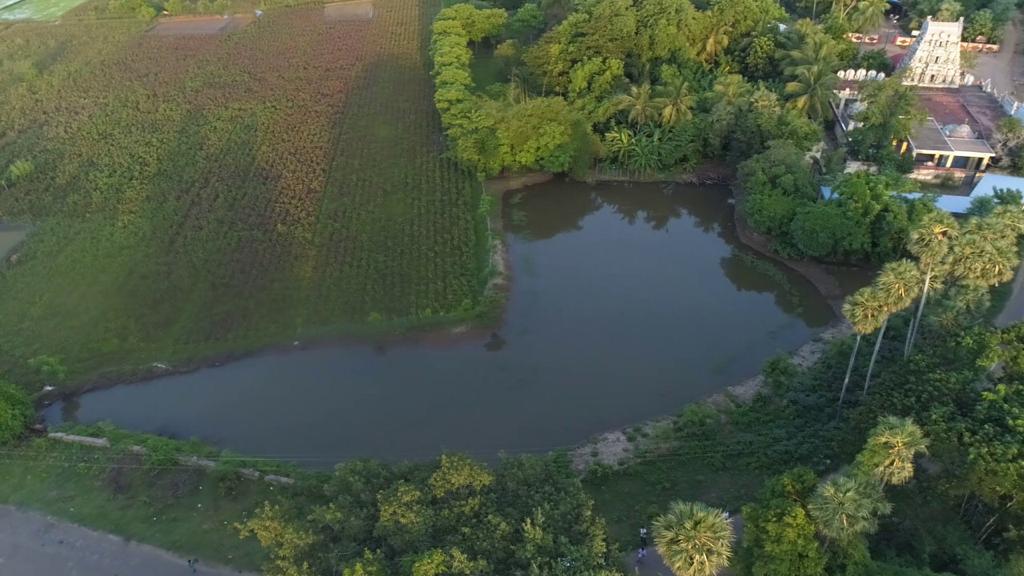
Community Social Responsibility (CSR):
Under CSR, citizens started taking responsibilities themselves. People started de-silting and cleaning individual ponds and presented them as gifts to their loved ones. This did not give them ownership though, but it definitely made them feel happy and proud. Petrol Pumps announced that whosoever got petrol filled from their petrol pumps will be given a free plant.
During Diwali, the public was appealed to plant at least 10 trees in government schools, because the cyclone had uprooted everything. Even the little school students were given roles to play. “Government school children get mid-day meals and after they finish their meals, they are supposed to wash their hands and the utensils in which they eat. A lot of water is wasted at that time. So we found a way and linked the water taps in such a way that all the water flowed to the trees that were planted, thereby, the water didn’t get wasted and irrigated a plant instead!” Mr. Vikranth said.
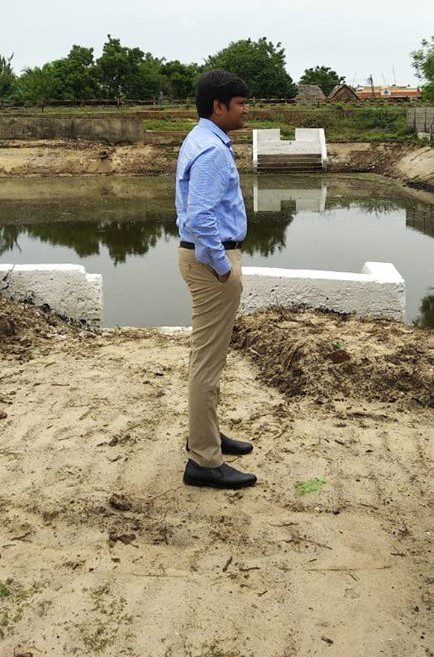
Benefits received:
Reviving the water bodies had a lot of benefits too. Nearly 100 acres of cotton cultivation increased in Karaikal compared to 2018-2019. Many lands that had become barren due to the tsunami were brought back into agriculture after 15 years. The water table increased up to 15 feet!
Mr. Vikranth showcases the importance of water conservation in the nation.
Indian Masterminds wishes him the best for all his endeavors!

